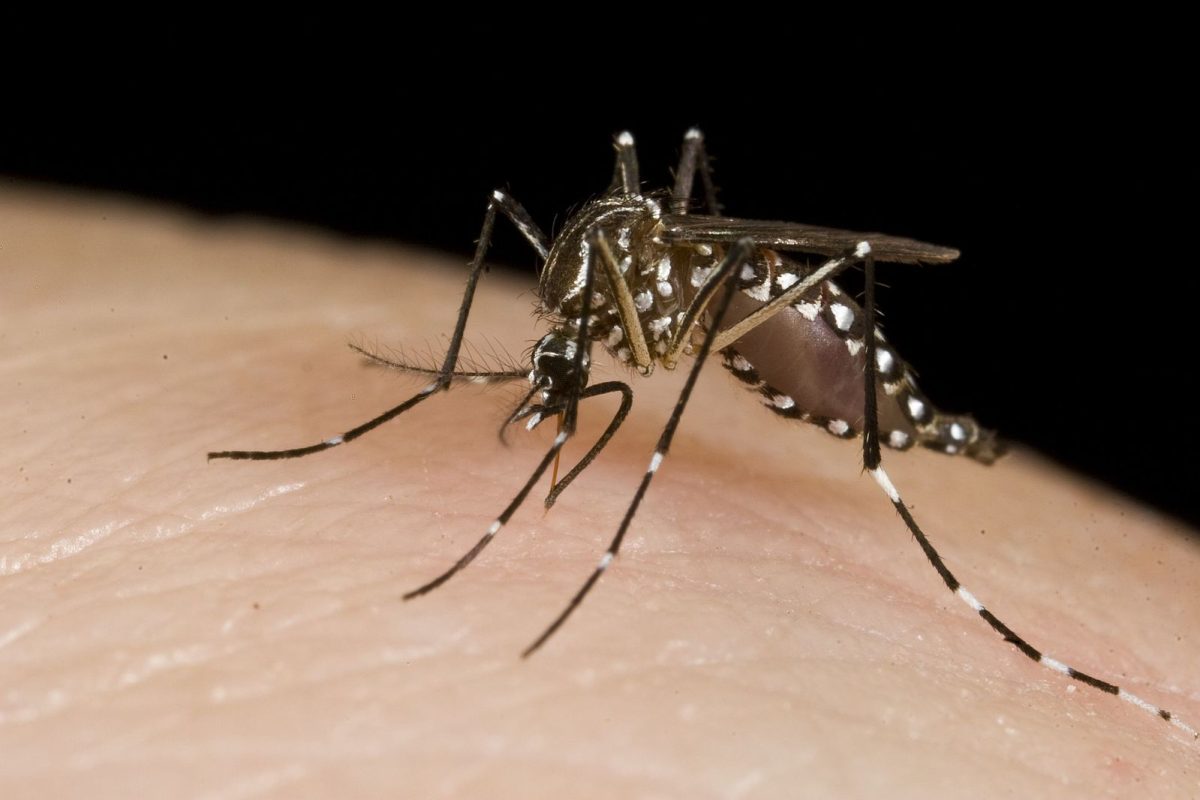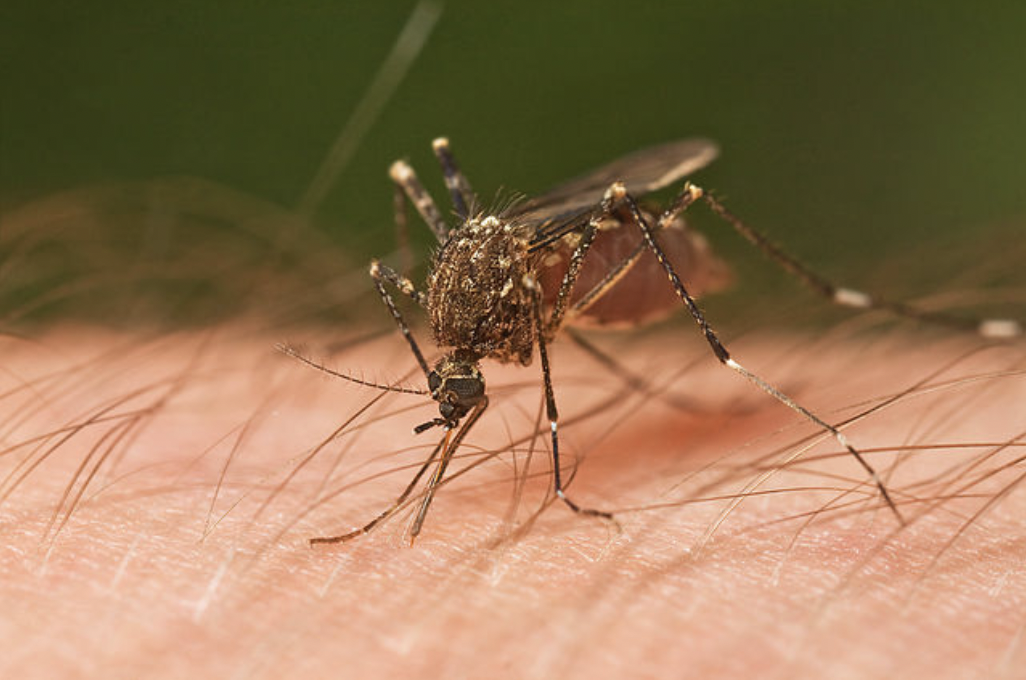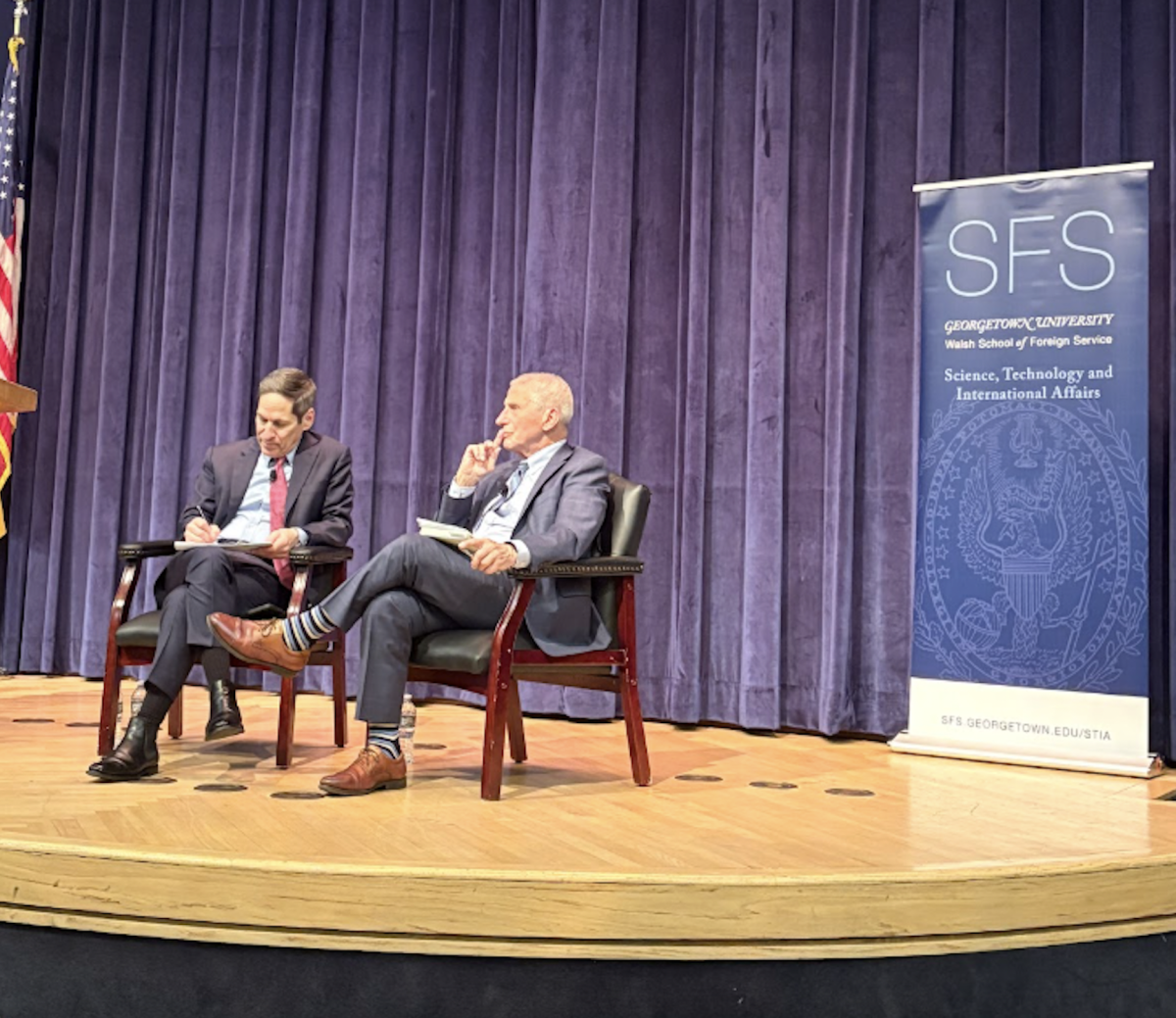While mosquito bites typically don’t cause more damage than an itchy welt, the West Nile virus, a mosquito-borne disease, recently made news after Dr. Anthony Fauci contracted it in mid-August.
The West Nile virus (WNV), spread most commonly by Culex mosquitoes, was first detected in the United States in 1999 and is now the most prevalent mosquito-borne disease in the country; cases are most common in the summer to early fall. Dr. Fauci, former director of the National Institute of Allergy and Infectious Diseases and chief medical advisor to President Biden, was hospitalized with the virus after contracting it from what he thinks was a mosquito bite in his backyard.
On Aug. 24, a spokesperson said he was recovering at home, but Dr. Fauci is reported to have said the infection felt like he was “hit by a truck.”
West Nile, dengue (which causes high fever, headache and muscle pain) and Zika (which is generally limited to mild inflammatory symptoms but can lead to birth defects when contracted during pregnancy) all belong to a viral genus called Flavivirus, a group of RNA viruses. Flaviviruses are transmitted by arthropods like mosquitoes or ticks, which are also referred to as “vectors” –– intermediary carriers.
In the case of West Nile, mosquitos bite infected birds, harbor the virus in their bodies and pass on the virus to the next mammal they bite. Mammals are “dead-end hosts,” meaning they cannot pass on the virus to other mammals.
Research at the Georgetown University Medical Center aims to shore up defenses against mosquito-borne diseases. Radhakrishnan Padmanabhan, Professor Emeritus at the department of microbiology and immunology, explained that the focus of his research is to develop therapeutics that interfere with the flavivirus life cycle.
“My laboratory was focused on developing small molecule chemical inhibitors of viral replication of WNV as well as those transmitted by dengue and Zika viruses by targeting the viral proteases, the quintessential enzymes important for viral replication,” Padmanabhan wrote to The Hoya. “This research is being continued by Dr. Tadahisa Teramoto, my long-term colleague at GUMC.”
According to Padmanabhan, while 80% of West Nile infections do not cause symptoms, the virus is capable of causing serious illness, especially when compounded by factors like age and poor immunity.
“Occasionally, in one in 150 people, virus infections can cause neurological symptoms such as meningitis or encephalitis, especially in older or immunocompromised adults,” Padmanabhan said.
Students can minimize their risk of exposure by wearing long sleeves and pants outdoors –– especially during dawn and dusk, when mosquitoes are most active, and near standing water –– as well as using an effective mosquito repellent like Deet.
West Nile virus remains rare in the Washington D.C.-Maryland-Virginia area, with 18 cases reported this year in the region.
Steven Singer, a professor in the department of biology, said WNV is generally not a major threat to healthy people. According to Singer, it is more important to focus on curbing the spread of seasonal respiratory infections, which are directly transmissible from person to person, as fall and winter approach.
“I’m honestly more concerned about respiratory infections (including COVID) spreading across campus,” Singer wrote to The Hoya.
However, climate change could alter the currently low prevalence of mosquito-borne diseases in the U.S. In warm equatorial regions, increased temperatures are making endemic mosquito-borne diseases more dangerous.
“As our winters become milder, the mosquito breeding season is getting longer and WNV cases will likely continue to increase in this area. So the prevalence of WNV may increase, but the virulence probably won’t be affected,” Singer wrote.
Lawrence Gostin, Distinguished University Professor and the founding O’Neill Chair in Global Health Law, also stressed the danger of vector-borne diseases in the context of rising global temperatures.
“Most people don’t realize that mosquitoes kill more people than any other animal,” Gostin wrote to The Hoya. “The risks are going to increase significantly into the future unless we can control climate change.”
Global health is directly impacted by climate change, especially for communities that face barriers to health care and often feel the effects of outbreaks more strongly. Gostin said an effective response by governments and intergovernmental institutions is two-fold, focusing on both the short and long term.
“Apart from policies to prevent further climate change, there are many additional and more immediate policies that can help,” Gostin said. “These include health education and programs on mosquito control, outreach to vulnerable and poor communities and insecticide spraying where necessary.”






